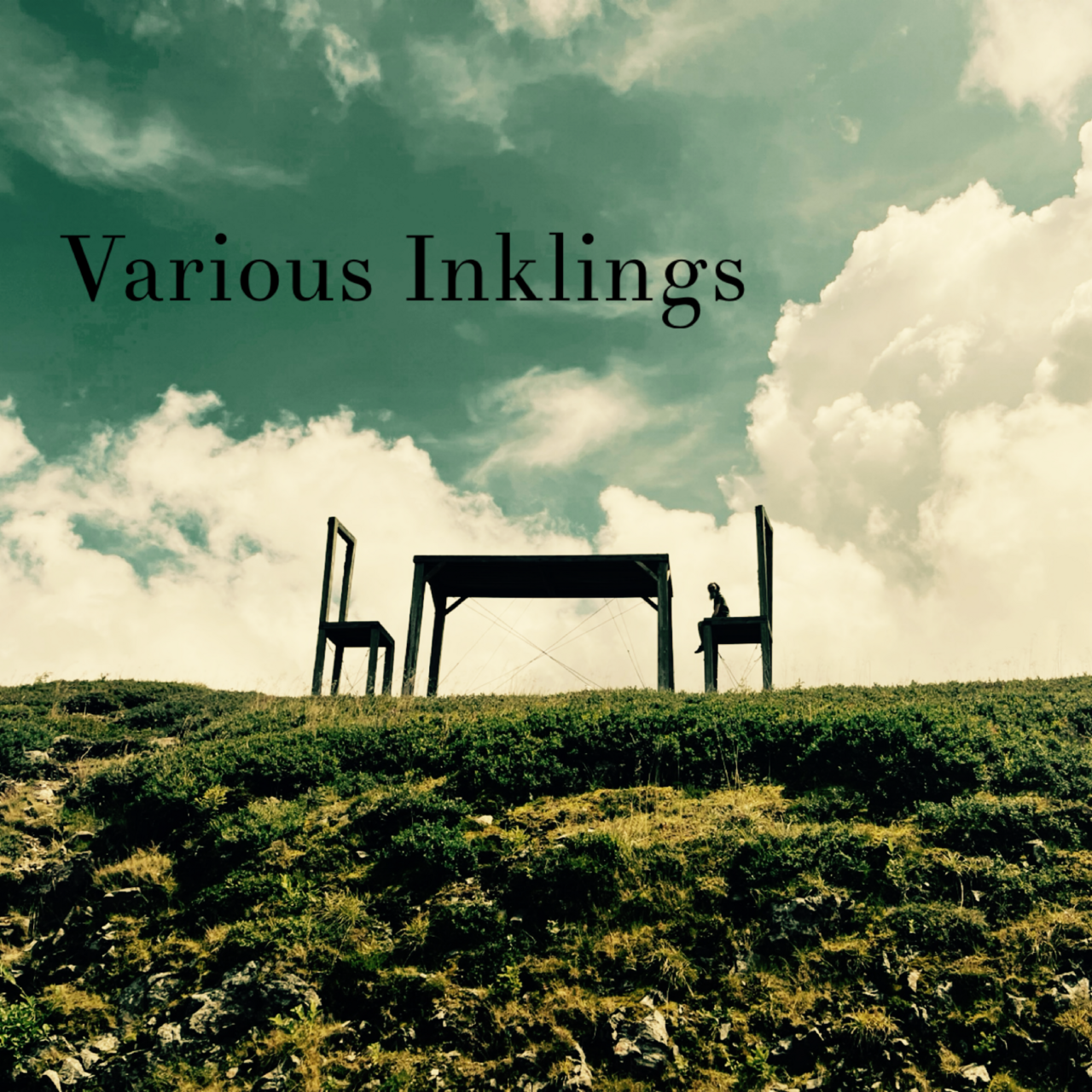“Improvement makes straight roads, but the crooked roads without Improvement, are roads of Genius.”
One of the perils of being a teacher of Religion, Philosophy and Ethics is, on occasion, students remember the things you say. And sometimes, they even write such things down. Now it seems, after fifteen years of my purgatorial prison sentence (or is it a calling? Or both!), one or two students have printed my ‘quotes’ onto mugs as generous, yet haunting, gifts.
‘Is enlightenment about to happen, or is a breakdown about to happen?’
And so, as I sip from this rather jarring vessel, that holds a question which once spilt from my mind, out of jest, not doubt, but completely serious, I’m sure, I have come to believe that this is not an either/or type of situation. It rarely is! In fact, I am starting to think that all my spiritual teachers, from the Bodhi Tree to Bethlehem, are mainly trying to stop me in my self-improvement tracks, with the tried-and-tested method, we term, in our rather mechanical and materialistic way, breakdowns. Perhaps we should use the more poetic and perceptive language of Awakening, Salvation, and Genius - or am I just trying to avoid a necessary humiliation here? Probably.
Ironically, it seems that our self-improvement solutions are the central problem, because, as ‘The Awakened One’ observes: there is no self. Indeed, according to Buddhism, so much of our suffering is caused by being enamoured with this display of illusion, and the frustrating futility involved in trying to improve, protect, and immortalise, something that doesn’t exist. Although, of course, something does sort of exist – it’s everywhere - it’s what we might call our ‘ego’, or our ‘identity’, or our ‘constructed self’.
Perhaps a breakdown is what happens when an aspect of this little self fails, falls, or flickers - a glitch, a power cut, or a virus, in The Matrix we call ‘me’. It could be characterised as an identity crisis (with all the despair, anxiety, frustration, and shame, involved in such internal crucifixions: ‘Father, why have you forsaken me?’). The problem is, our culture predominantly believes in identity solutions. We solve the problem of self with more self. Out mantra is ‘be your-self’. Which is a fantastically powerful piece of wisdom, if it is playfully designed to cause a managed-identity-crisis, in order to dismantle one’s ego, like a deliberately self-defeating Zen Buddhist ‘koan’ - but terrible advice for literal life decisions, because, there is no self. Trying to figure out who you are in the realm of ‘ego’ is a sure way to suffering, and a straight road away from your Genius. And yet, this suffering is good news, as long as we view it as highway-code to break down – and not double-down with some seriously tiring, tedious, and painful, self-construction work.
I am reminded of Eckhart Tolle’s famous near-suicidal breakdown, which he describes in ‘The Power of Now: A guide to Spiritual Enlightenment’:
“I cannot live with myself any longer.” This was the thought that kept repeating itself in my mind. Then suddenly I became aware of what a peculiar thought it was. “Am I one or two? If I cannot live with myself, there must be two of me: the ‘I’ and the ‘self’ that ‘I’ cannot live with.” “Maybe,” I thought, “only one of them is real.”
And so, he gave up on the suffering self, and was awakened to the deeper ‘I’ of awareness, so much so, that he just sat on park benches, for hours upon hours, watching the world (inner and outer) float-on-by in a state of peace, presence, and curiosity.
I think Eckhart Tolle tapped into what William Blake might call Genius. For Blake, Genius is more concerned with imagination than intellectual mastery. It is the imagination that provides the portals, pathways, or ‘crooked roads’ to that sublime space of soulful seeing – our deeper ‘I’. It is active and participatory. And I think we can see it at work within Eckhart Tolle’s internal dialogue, as he role-plays, edits, and re-writes his near-fatal script: ‘I cannot live with myself any longer.’
Imagination is not fantasy
Imagination is not a luxury
Imagination is not silly
It is the difference between heaven and hell








Or, in the slightly more gentle phrase of David Whyte, 'arrange to grow tired of yourself'
I love this! (and David Whyte). Thank you